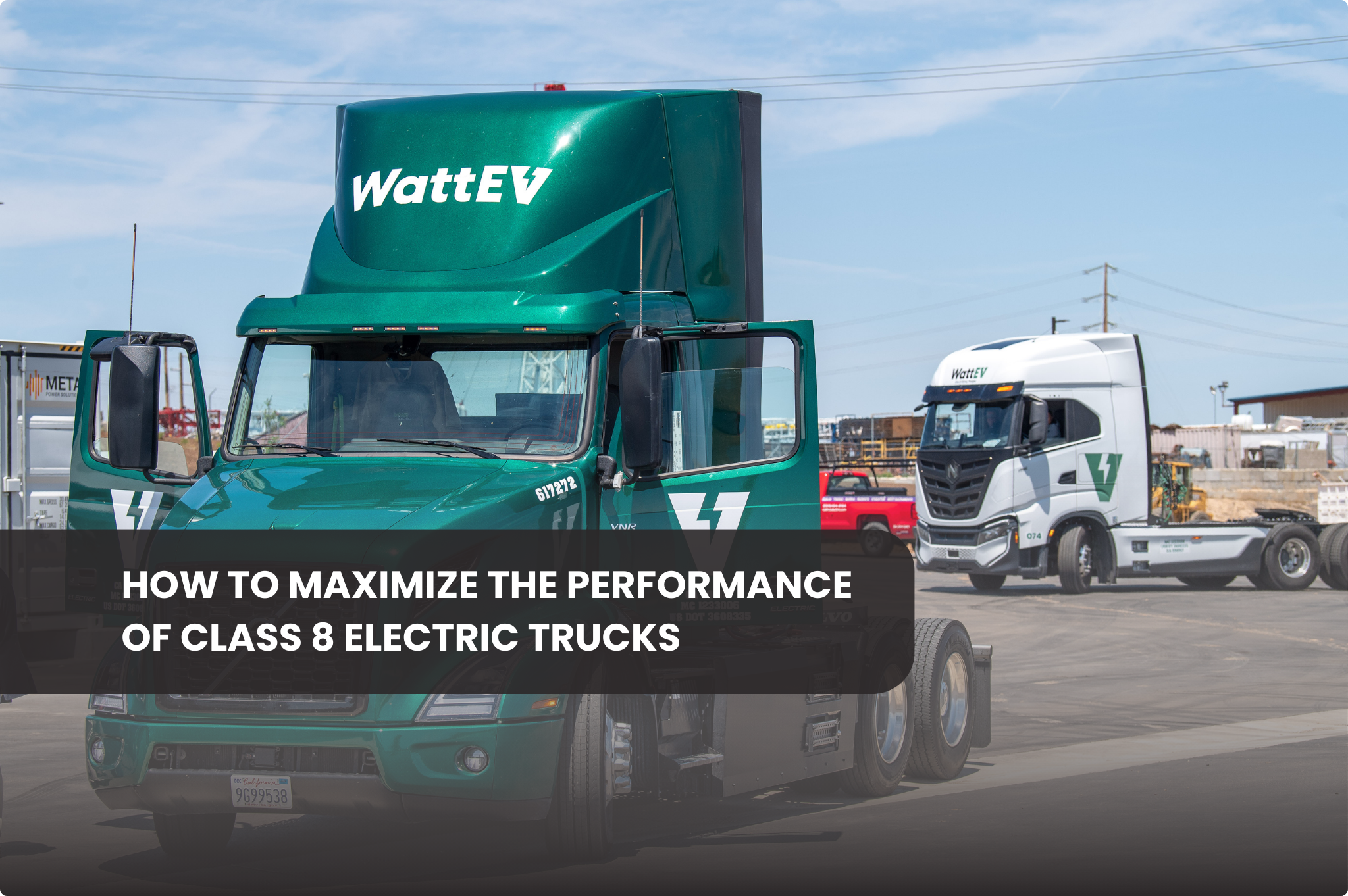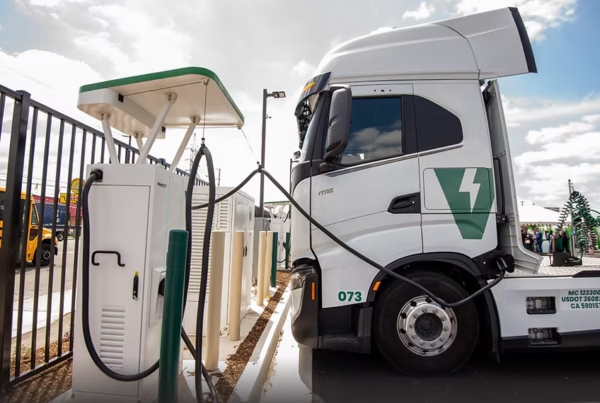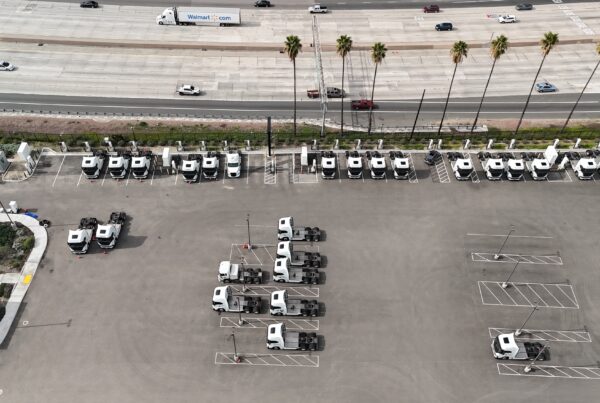The Road Ahead for Class 8 Electric Trucks
The Road Ahead for Class 8 Electric Trucks
The transition to electric freight is no longer a distant vision. It is happening now. Class 8 electric trucks are rolling onto highways across California and beyond, driven by a mix of regulatory mandates, sustainability commitments, and cost-saving opportunities.
But as fleets shift from diesel to battery-electric, one question comes up time and again: How do we get the most out of Class 8 electric trucks?
Maximizing performance is not just about having the right vehicle. It is about range optimization, charging strategies, payload management, and proactive maintenance, all working together to ensure trucks run reliably, efficiently, and profitably.
At WattEV, we specialize in helping fleets unlock the full potential of heavy-duty electric trucks. Here is how you can do the same.
Optimize Range with Smarter Driving and Route Planning
Range is the top concern for most operators. The good news: there are proven ways to stretch every mile out of a Class 8 electric truck.
Driving Habits Matter
- Smooth acceleration and braking preserve battery efficiency.
- Steady highway speeds reduce unnecessary drain.
- Regenerative braking should be used strategically to recover energy.
Driver training programs can make a measurable difference in overall range.
Route Optimization
Planning routes around available charging depots and avoiding congested traffic zones reduces downtime and energy waste.
- WattEV’s zero-emission freight corridors in California are being built specifically to make long-haul EV trucking practical.
- Integrated telematics can recommend the most energy-efficient paths for every delivery.
Charging Strategies for Maximum Fleet Utilization
Charging downtime can either be a bottleneck or a competitive advantage.
Depot Charging vs En-Route Charging
- Depot charging: Ideal for overnight or extended dwell times.
- En-route megawatt charging: Unlocks quick turnaround for long-haul trips.
The Role of Megawatt Charging Systems (MCS)
MCS technology will reduce charging times for Class 8 trucks to 30 minutes or less. That means more miles per day, faster asset turnover, and less scheduling uncertainty.
With WattEV’s Charging-as-a-Service (CaaS) model, fleets can access a growing network of high-power depots without shouldering infrastructure costs.
Manage Payload Without Sacrificing Efficiency
Payload has always been central to trucking economics, but for EVs it impacts range and energy use even more directly.
- Lightweighting where possible extends battery life and reduces consumption.
- Balanced cargo loading helps optimize regenerative braking and traction.
- Right-sizing trucks for routes prevents overuse of energy on smaller loads.
WattEV’s Truck-as-a-Service (TaaS) program makes it easier for fleets to test different truck models and configurations without committing to costly ownership.
Proactive Maintenance Leads to Peak Performance
One advantage of Class 8 electric trucks is fewer moving parts than diesel engines. But that does not mean maintenance can be ignored.
- Battery health monitoring is critical. Avoid deep discharges when possible.
- Software updates keep performance features current.
- Regular inspections of tires, brakes, and electrical systems ensure safety and efficiency.
Partnering with a provider like WattEV ensures that service, telematics, and diagnostics are built into the business model. Fleets can focus on freight, not downtime.
Why Maximizing Performance Matters
Maximizing the performance of Class 8 electric trucks is not just about operational efficiency. It is about achieving the triple bottom line:
- Lower costs per mile through efficient charging and range management.
- Regulatory compliance with California’s clean truck rules.
- Sustainability leadership that strengthens brand reputation.
The fleets that optimize today will be tomorrow’s market leaders.
Accelerating Your Fleet with WattEV
At WattEV, we make the transition to electric freight practical and profitable with:
- Truck-as-a-Service (TaaS) – Access Class 8 electric trucks without upfront ownership.
- Charging-as-a-Service (CaaS) – Reliable charging across California’s freight corridors.
- Megawatt-ready depots – Future-proof infrastructure for maximum uptime.
Together, these services ensure that your fleet is not just adopting electric trucks, it is maximizing their performance every mile of the journey.




